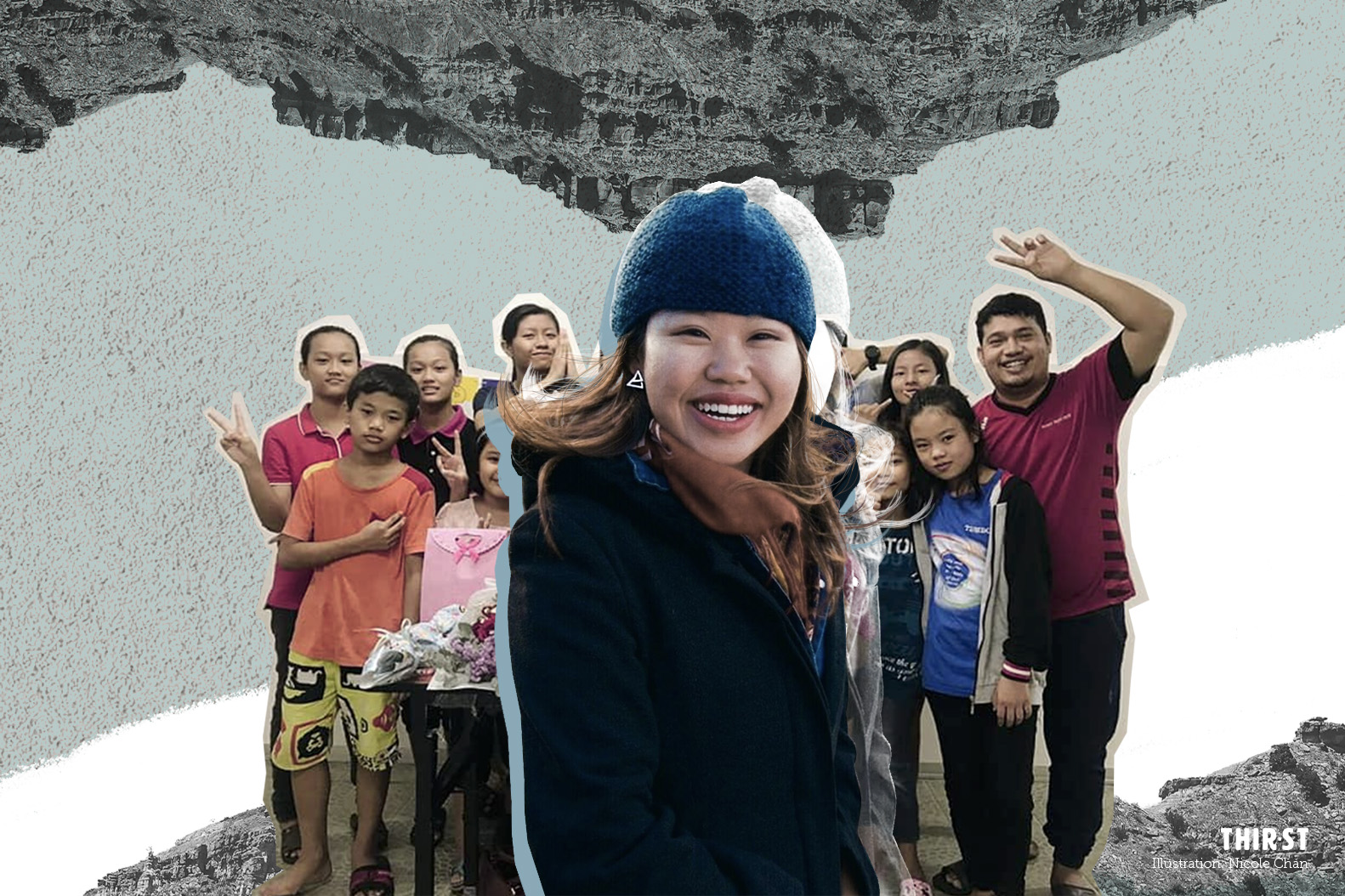“Coffee and Jesus. That’s like the perfect combination.”
Other than Heidy Quah‘s two morning must-have energisers, a day in the 26-year-old’s life is usually very untypical.
Heidy serves as the director of Refuge for the Refugees, a non-governmental organisation (NGO) she founded with friends at 18 years old that raises awareness for refugees in Malaysia and fights for their well-being.
By the time she was 23, she was awarded the Queen’s Young Leaders award by Queen Elizabeth II for her work in social activism. A year later, she also joined Malaysia’s Democratic Action Party (where MP Hannah Yeoh also serves) as one of its youngest members.
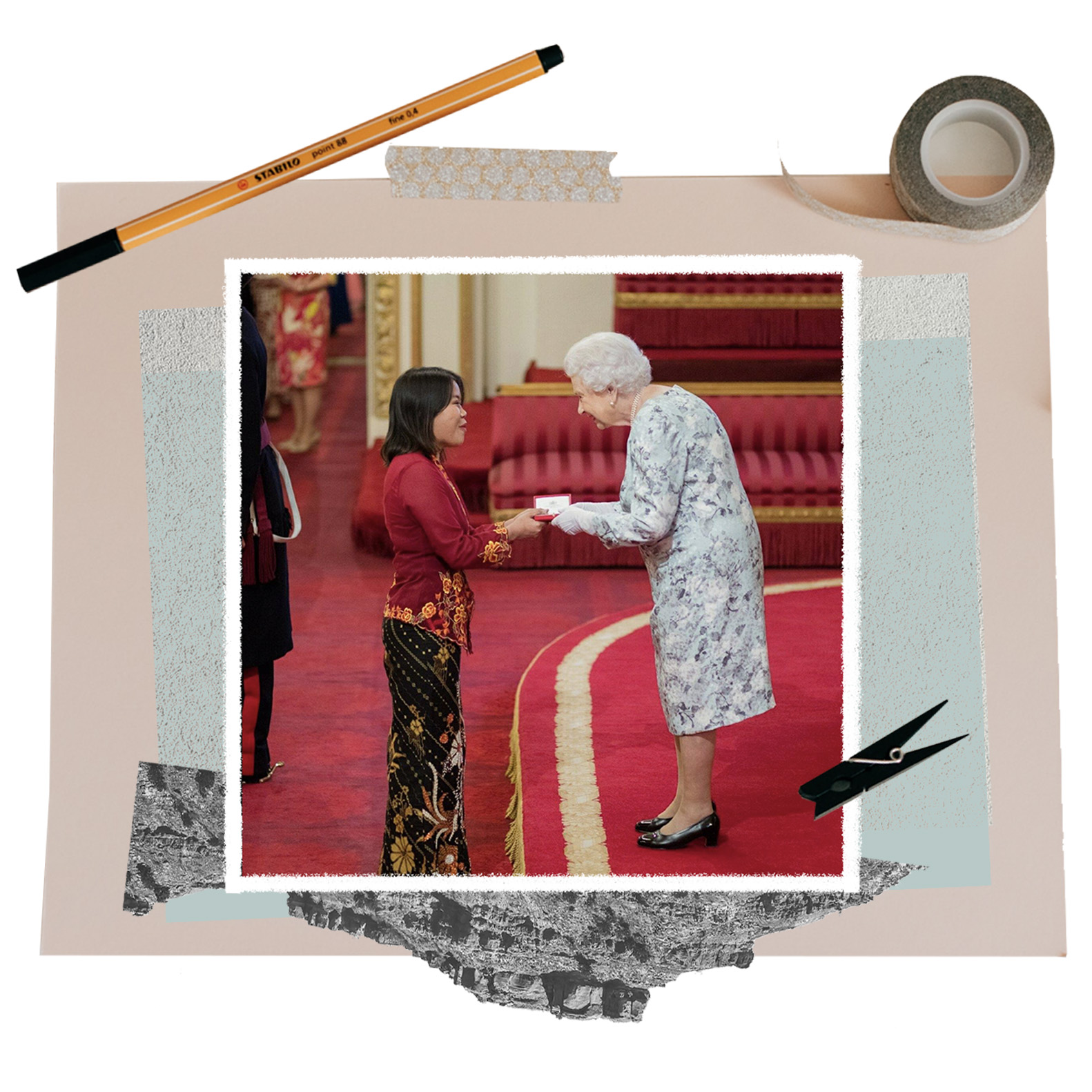
But don’t let Heidy’s titles and accolades scare you; she describes her job on most days as being a “mother to many kids”.
“When people scroll through my Instagram, they see that I’m flying around, receiving awards and attending talks at fancy places.
You can’t be scrubbing toilets and go, ‘Hang on, I want to Insta-story this.’
“They don’t see when I’m scrubbing toilets or packing clothes for the homeless. Or when I take on detention cases or calls at 2am. Because these are things we don’t document as much.
“You can’t be scrubbing toilets and go, ‘Hang on, I want to Insta-story this,’” the effervescent young lady laughs.
A more realistic picture of her daily life would involve taking on cases like a sick kid who needs medical support or an employee who has been mistreated at work. Heidy would then head down to assess the situation and draw out a plan for them.
And when she isn’t on the ground resolving crises, Heidy builds partnerships with companies and colleges to raise awareness for refugees in Malaysia and discuss opportunities for collaboration.
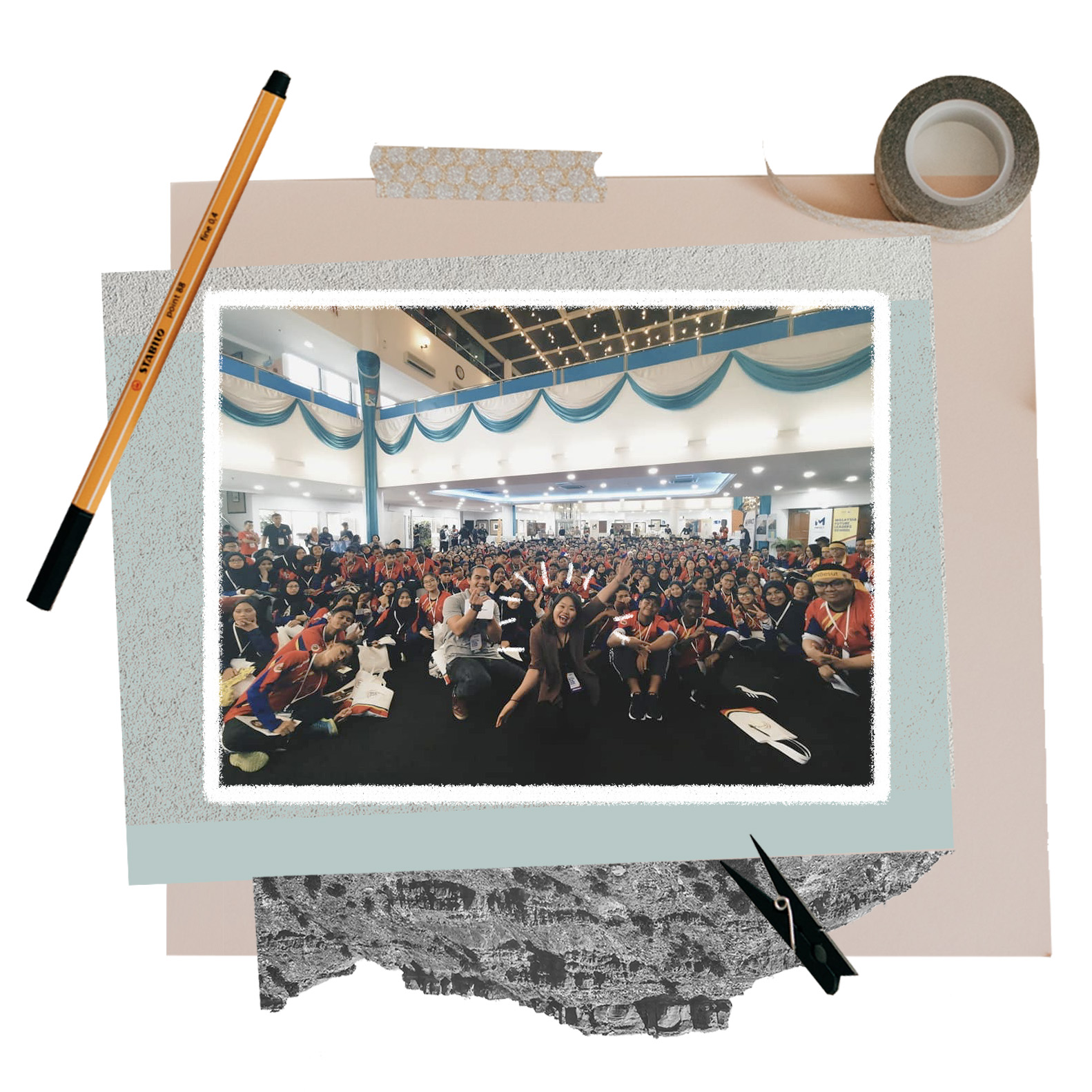
“A lot of people do not know who refugees are because the education on refugees is so minimal,” Heidy explains.
“In fact, Malaysia is home to hundreds and thousands of refugees and more, but I always hear people say, ‘Oh wow, there are refugees in Malaysia? I’ve always thought that they stay in those blue tents that we watch on TV. Where are the refugees? Who are these refugees?’”
The problem doesn’t stop there, says Heidy. This lack of awareness breeds many misconceptions.
“We started realising that people couldn’t tell the the difference between refugees and asylum seekers. People were saying stuff like: ‘Refugees are here to steal what you have, to take up your jobs.’ These people didn’t understand what it means to be a refugee.”
To Heidy, refugees are people who fled their country due to events like war, famine and persecution. Refugees have been given state protection where they are currently located. Asylum seekers are people whose requests have yet to be approved.
She says that whether you are a refugee or an asylum seeker, the stigma remains. Even the refugees themselves have internalised the labels.
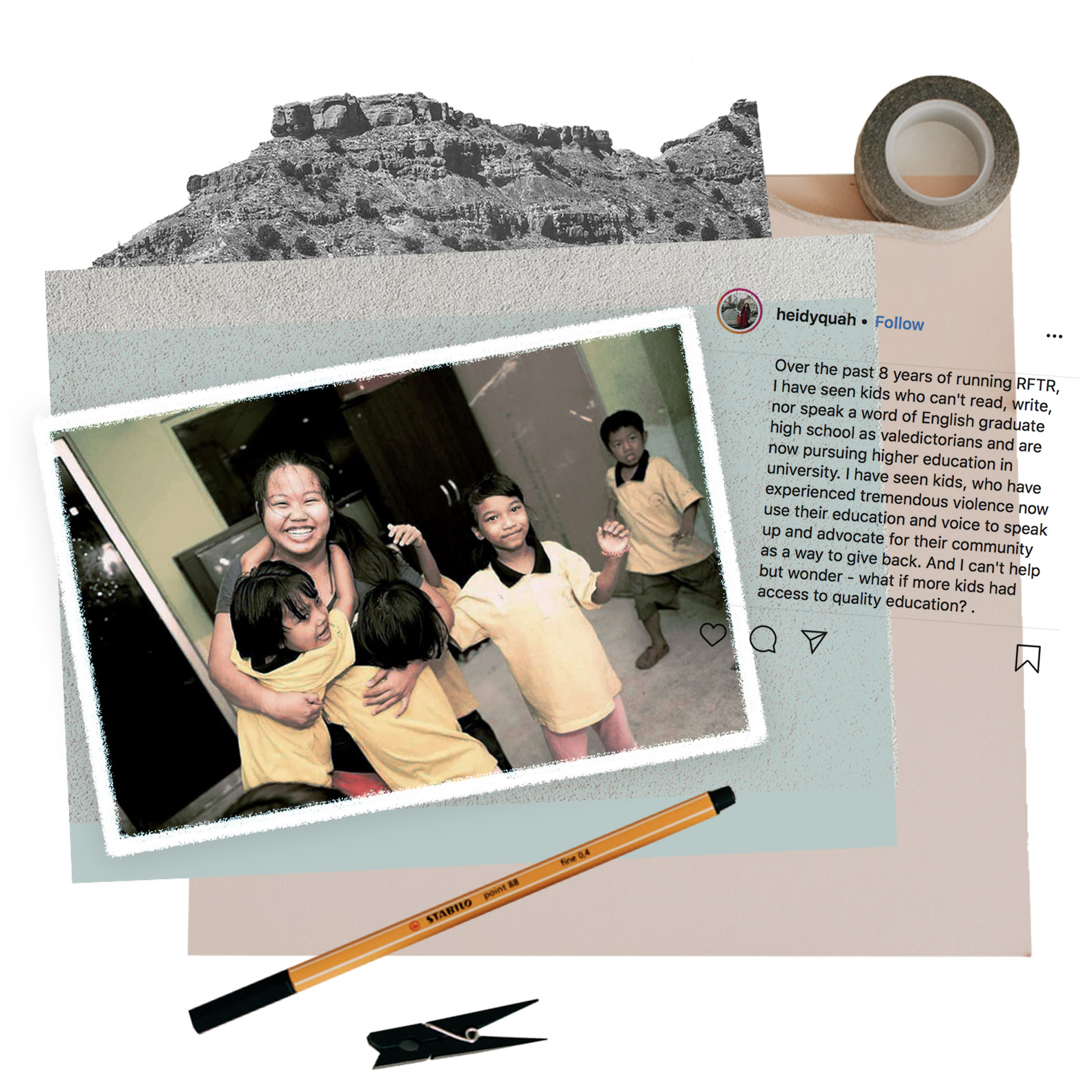
Refuge for the Refugees, which now supports 35 schools for refugee children, also organises initiatives that help children to raise funds themselves.
Some children set up booths to sell handicrafts; others even form bands to be hired for gigs. It all depends on their skillset.
But more often than not, the refugee children find it hard to believe that they have something to offer. Heidy says the children have asked her why anyone would hire them “when there are so many other good singers and bands out there”.
Her reply to them was this: “You don’t just discount yourself for being a refugee. You go out, give your best shot and go beyond your label. That’s what you need to do.”
Heidy, who is a finance and accounts graduate, says that her background helped her “to be able to put a value to things and help the kids understand their worth”.
Through her education, she realised that she doesn’t have to do things for free – monetising what they do empowers the refugees.
Heidy’s long-term goal is for the kids to run sustainable businesses for their own livelihoods. For now, they have slowly started taking full responsibility for what they sell.
Heidy laughs: “We tell them stuff like, ‘For the accounts and sales today, you’re responsible for it. If the account isn’t right, you’ll mess up the entire year.’”
It’s a tough but necessary message that says: “Take your jobs seriously. You can do it – you just need to know your worth. You need to know what you can bring to the table.”
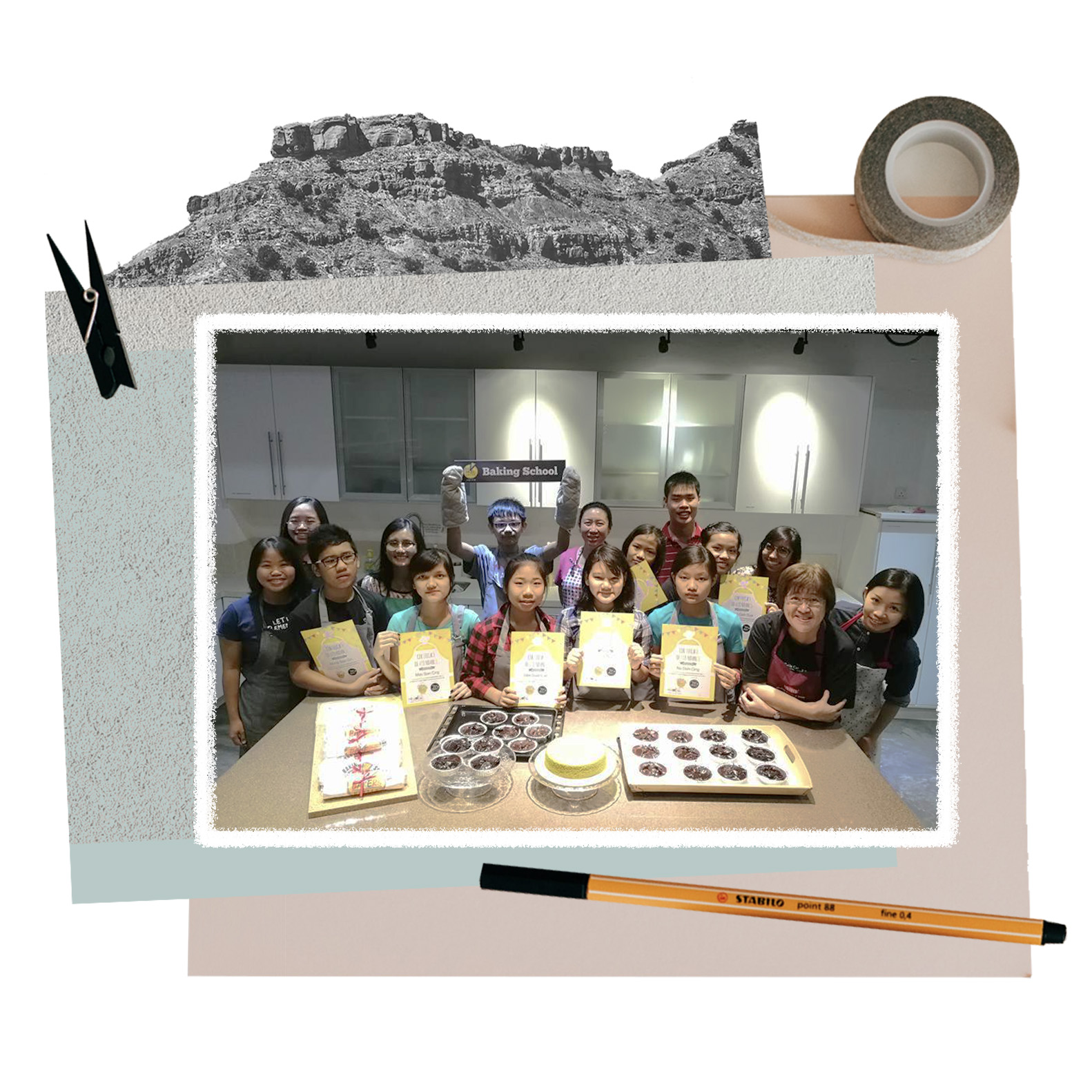
Returning to the topic of stigma, Heidy shared that it doesn’t just affect the refugees. Comments like these are what Heidy has to deal with on a regular basis.
- “Do you still work for charity?”
- “Work for charity don’t need brains.”
- “You didn’t go through university just to help the refugees.”
But Heidy disagrees with them: “When you understand your privilege, you’ll understand that helping refugees is what’s responsible.
“Privilege is not about the number of luxury handbags or new clothes I can buy. These are just additional things I can do without.
“Instead, privilege is having a shelter over your head, having three meals to eat, being able to go to work and walk out of the house without being threatened, killed or detained.
“The essentials are all given to me. I don’t need to fight for it. So what am I doing about injustice, not having to fight for these basic things?”
Privilege is hard to perceive, says Heidy.
In her words, we live in a world where “the line of poverty and wealth is not even 5 minutes away – it’s right in our backyards.”
Heidy explains: “We often don’t see the privilege or disparity because it’s been handed to us in silver spoons.”
It wasn’t until she volunteered as a teacher at a refugee school that she realised how blind she had been to social injustice.
She shared that she started out intending to teach and impact the children, but quickly found that her time at the refugee school would be a humbling one.
“These kids have so little yet they are always so thankful. Every day when I go in, they eat the same meal: watered-down curry that barely tastes anything like curry, a hard-boiled egg and plain rice.
“Yet they ate it with so much joy, and they said grace. They mean it when they say grace, it’s not just something that you say to get your meal – it’s really thanking God for the food.”
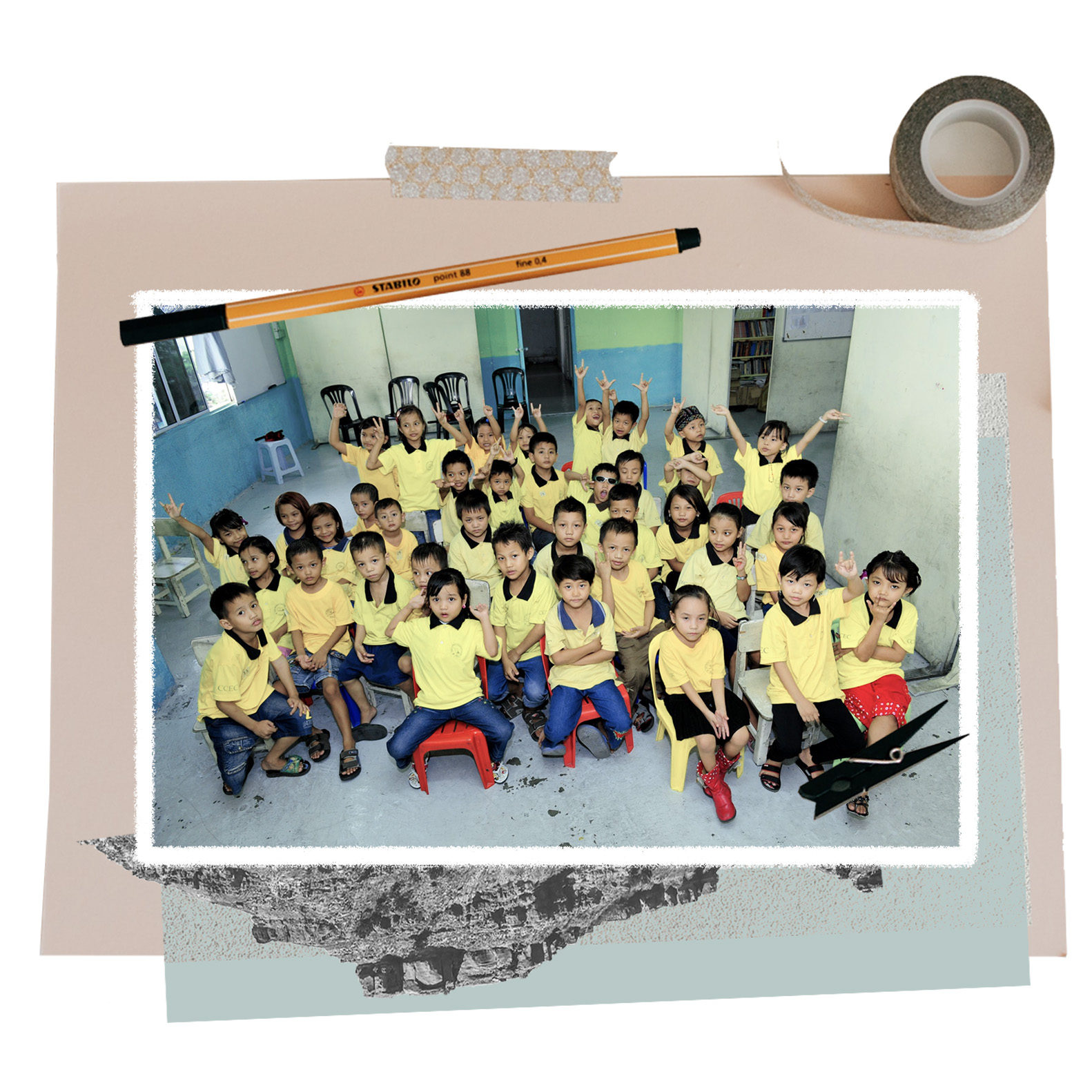
Heidy then shared about the moment which began to change her life.
It was her headmaster’s reply at the school she was volunteering at after she informed him that she was about to start university and that her parents wanted her to focus on her education.
He said to her: “Hey Heidy, that’s completely okay. Please give your best in school and enjoy your time in school. It is actually perfect timing as the school is about to close down due to a lack of funds. So this works out well.”
While I was happily going on to pursue a higher education, these kids would not even have access to basic education.
Heidy shared that it was the matter-of-fact way he said it which struck her: “While I was happily going on to pursue a higher education, these kids would not even have access to basic education.
“It really triggered me. I felt that I had to do something about it.”
That’s when Heidy’s short-term volunteer stint became a full-time job while juggling university.
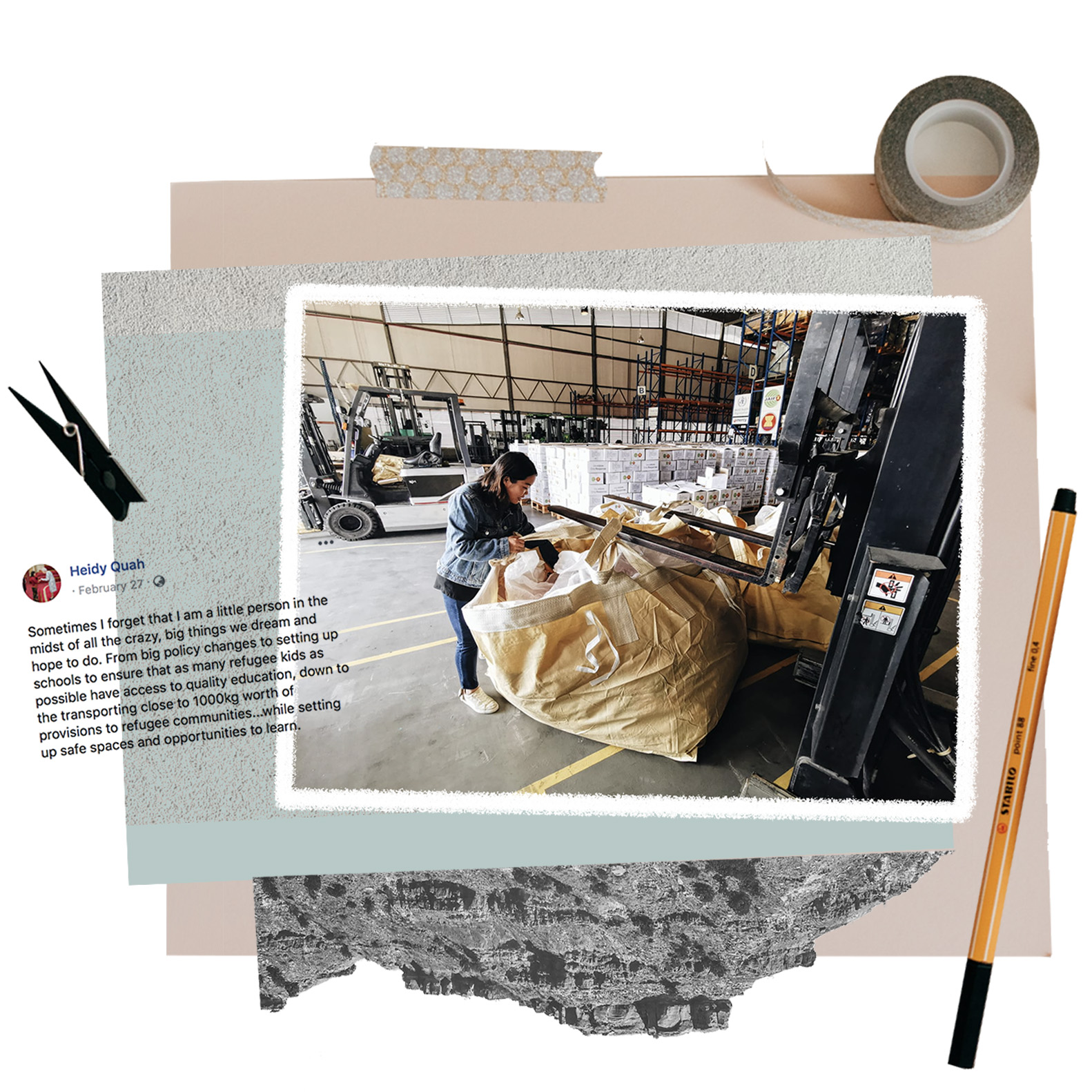
To Heidy, the journey hasn’t been easy, but it’s worth it.
She cited her the CHIN UP project as an example. Launched in 2019, the project sought to reverse the United Nations High Commissioner for Refugees (UNHCR) policy of sending Burmese Chin refugees back to Myanmar.
“People were forced to return home when home was not safe. They started panicking. There was an increase in suicide cases. Others took the chance, went back home and ended up murdered. It was absolutely heartbreaking.
Beyond speaking to the UNHCR, Heidy rounded up 200 refugees from more than 20 different communities and had them share their stories on the CHIN UP project page. That put human faces on the message they were sending to the authorities, who began to realise the weight of the issue.
Heidy’s heart is for policymakers to craft policies with a “weight of responsibility” towards those they care for.
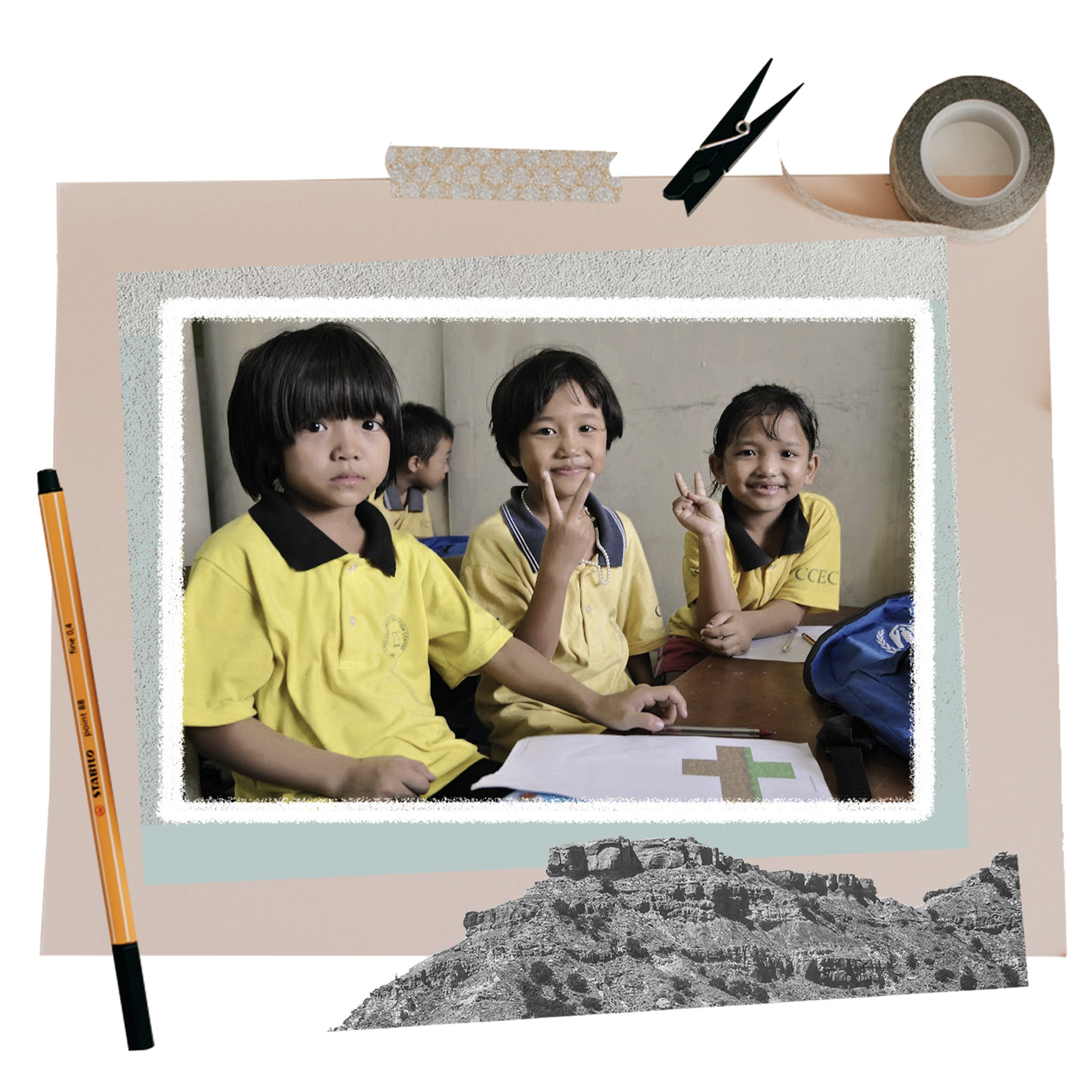
“Don’t just create policies that you think sound good,” she says. “Create policies that have a true impact and don’t do more harm than good. Consult your main stakeholders, NGOs and consult the community themselves: Are they ready for this change?”
The campaign proved to be a huge success. Just a month after it was launched, the UNHCR decided to reverse the policy not just in Malaysia but globally, a move which impacted 150,000 refugees worldwide. Their refugee cards were returned, and they came under the refugee protection scheme again.
“It was a huge shift for us,” says Heidy. “We never realised that we were able to do things on such a massive level. And of course, I know that that was not simply us – it was God’s favour.
“But when this happened, we realised that this was just one thing we could do. We could do so many more things! We started dreaming bigger.”
As a member of DAP, Heidy hopes to play an active role looking into laws and policies pertaining to refugees, human trafficking and migrant workers.
“My stake in politics can give me a stronger say when I talk about law changes and policy changes.”
You take over and You tell me what to do. Your plans above my plans.
Advocacy is important, Heidy notes, but nothing really changes unless the law changes. To that end, Heidy says her goal in life is “to play a role to set proper policies and laws in place, to give protection to those that don’t have it”.
I ask Heidy if this was anything close to what she thought she’d be doing as a kid. She tells me her childhood ambitions boiled down to either being a dancer or a police officer.
“I’m pursuing justice in life now, so I’m leaning more towards the ‘officer’ side of my childhood dream,” she quips.
“But I realised that things just get a lot crazier and more fun when you just surrender to God and go, ‘You take over and You tell me what to do. Your plans above my plans.’
“It just shows me how much more He is capable of doing, and what He can do, when I surrender.”
This is the first article in a two-part series on Heidy Quah’s work with refugees.
- What does privilege mean to you?
- If you recognise your privilege, how might you begin responding to it?
- What does the Word of God say about helping those in need?


